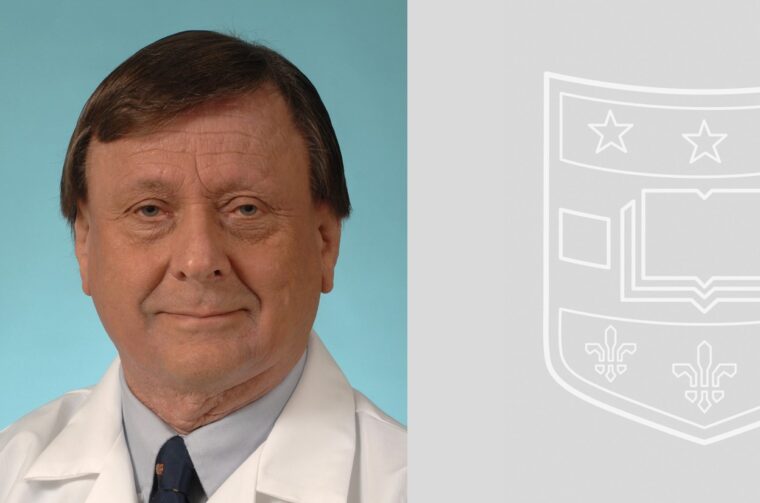XLH is a rare metabolic bone disease, but it is the most frequent cause of hereditary rickets nowadays, leading to permanent skeletal deformities, functional impairment and chronic pain. Conventional therapy for XLH, oral phosphorus and active vitamin D metabolites, can help control the metabolic abnormalities, but is unsatisfactory for preventing or reversing the skeletal deformities. As a member of an international, multicenter clinical study supported by industry sponsors, Michael Whyte, MD, division faculty, studied the effect of burosumab, a novel antibody that neutralizes FGF-23, the main pathogenetic factor causing phosphorus wasting, in 52 children with XLH. After approximately 1 year, there was a significant improvement of physical function, reduced pain, and decreased severity of rickets. Metabolic abnormalities also improved during treatment, without any major side effects. These results were published in the May 24, 2018 issue of the New England Journal of Medicine. Based primarily on these results, the FDA has approved burosumab (Crysvita®) to treat patients with XLH of 1 year of age and older. It is hard to overestimate the importance of these results for XLH patients, who now have an effective, disease-modifying pharmacological option to look forward to, thus offering new hope for their well-being. Congratulations to Dr. Whyte and his colleagues for this landmark study!
Michael Whyte, MD, Co-Author of a Landmark Study on a New Therapy for X-Linked Hypophosphatemic Rickets (XLH)
